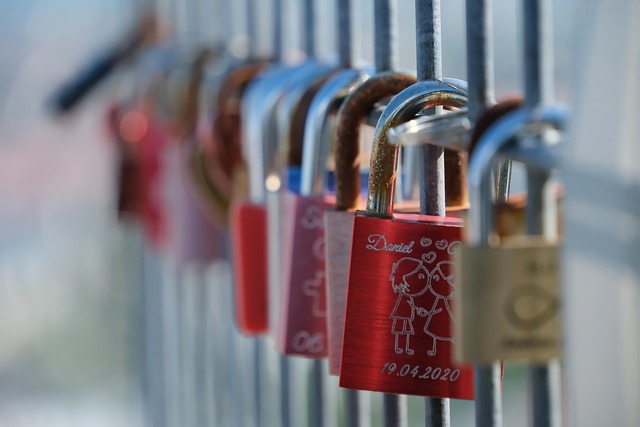Remote-controlled electronic locks transform access control, offering a modern alternative to traditional keys. They enable remote door unlocking via mobile apps or buttons, enhancing security and guest experience in hospitality and shared spaces. These locks facilitate temporary digital key management, eliminating physical key distribution, and provide precise entry permissions and real-time monitoring for enhanced security. Best practices include robust encryption, user-friendly integration, unique access codes, regular key updates, and a centralized management system for efficient administration.
In today’s digital era, providing secure yet convenient access for guests and visitors is more important than ever. Temporary digital keys offer a revolutionary solution by transforming traditional keycards or keys into mobile credentials. This article explores the benefits of implementing remote-controlled electronic locks (RCELs) to streamline access management. We’ll delve into best practices for managing digital keys, ensuring both security and guest satisfaction.
Understanding Remote-Controlled Electronic Locks
Remote-controlled electronic locks are transforming the way we secure our spaces, offering a convenient and modern alternative to traditional key systems. These innovative locks utilize advanced technology to enable remote access control, allowing property owners and managers to grant temporary digital keys to guests and visitors. With a simple push of a button or through a mobile app, individuals can unlock doors from afar, eliminating the need for physical key handouts.
This cutting-edge technology is particularly beneficial in hospitality settings, vacation rentals, and shared spaces where access needs can fluctuate. Property managers can easily create and manage digital keys, ensuring secure entry while providing guests with a seamless experience. The convenience of remote control extends beyond accessibility; it also enhances security by reducing the risk of key loss or duplication, giving property owners peace of mind.
Benefits of Temporary Digital Keys
Temporary digital keys offer a modern and secure solution for managing access in various settings, especially when catering to guests or visitors. One significant advantage is the convenience they provide. With a remote-controlled electronic lock, property owners or hosts can grant temporary access without the need for physical key cards or keys, eliminating the hassle of issuing and collecting keys. This is particularly useful for short-term rentals, hotels, or even event venues, where dynamic access control is essential.
Additionally, these digital keys enhance security. They allow precise control over entry permissions, enabling hosts to set specific time frames and access levels. This ensures that guests have the necessary access during their stay while maintaining a high level of security for the property when they are away. The technology provides real-time monitoring capabilities, allowing hosts to track who has entered the premises and when, fostering a sense of safety and privacy.
Implementing Secure Access for Guests
Implementing secure access for guests is a key consideration when introducing temporary digital keys, especially in settings like hotels, vacation rentals, or shared workspaces. Remote-controlled electronic locks offer a modern solution, allowing hosts to grant access remotely and with precision. This technology eliminates the need for traditional keys, reducing the risk of loss, theft, or unauthorized access.
With a simple app or online interface, hosts can manage guest access, set specific entry times, and even provide unique digital keycodes for each visitor. This level of control ensures that guests have convenient access while maintaining the highest security standards.
Best Practices for Digital Key Management
Implementing a system for temporary digital keys is a game-changer in hospitality and access control. When managing keys for guests, several best practices ensure a secure and seamless experience. Firstly, utilize robust encryption protocols to protect key data, ensuring that only authorized individuals can access them. This reduces the risk of unauthorized entry or data breaches. Secondly, integrate remote-controlled electronic locks with a user-friendly interface; this allows for easy distribution and revocation of keys, providing guests with quick access while offering hosts complete control.
Additionally, creating unique, time-limited access codes for each guest enhances security. This practice minimizes the potential impact of any compromise and enables precise tracking of visitor activity. Regularly updating and rotating keys is another vital step; it reduces the chance of long-term unauthorized access if a key falls into the wrong hands. Implement a centralized management system to monitor and control all digital keys, ensuring efficient administration and quick resolution of any issues that arise.
Temporary digital keys offer a secure and convenient solution for managing access for guests and visitors. By utilizing remote-controlled electronic locks, businesses can provide controlled and time-limited entry while enhancing overall security. With proper implementation and management practices in place, this technology ensures a seamless experience for both hosts and visitors, striking a balance between accessibility and safety.
